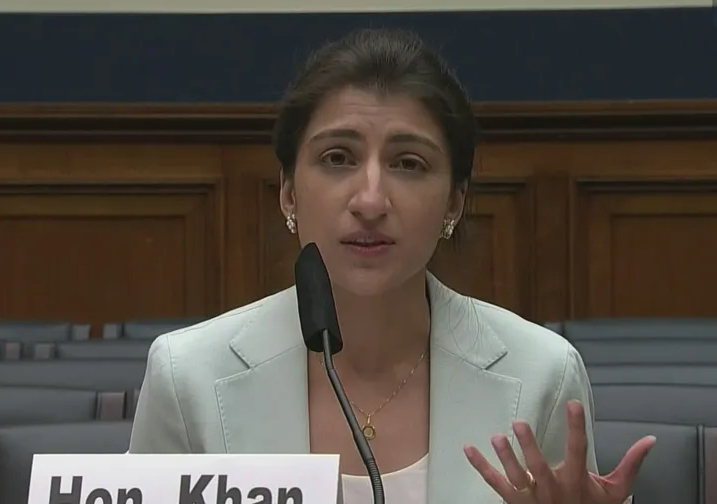Editors at National Review Online take aim at the Federal Trade Commission.
Did you know the U.S. is on the verge of a grocery-store monopoly? That’s what the Federal Trade Commission is trying to argue. It has sued to block the merger between Kroger and Albertsons, first announced in October 2022, in a move called for by progressives such as Senator Elizabeth Warren (D., Mass.). The FTC’s argument is weak and contradictory.
To get a combined Kroger and Albertsons to rise to the level of monopoly, the FTC has to define the market such that many of the places Americans buy food don’t count. Wholesale clubs such as Costco or Sam’s Club are not included. Neither are discount stores such as Aldi. Neither are premium stores such as Whole Foods. Dollar stores and e-commerce are excluded as well.
Those types of businesses are all slightly different from one another, but it’s the case right now that many people do their shopping at multiple stores depending on what they’re buying. That wouldn’t change if Kroger and Albertsons merged.
Another fear that the FTC cites to oppose the merger is that in certain local markets, the merger would bring the only two major competitors under one corporate umbrella. But that problem has been solved in past grocery-store mergers with targeted divestiture of specific stores in specific markets. It doesn’t require outright blocking the merger for that concern to be addressed.
The FTC has precedent against it. Since 1988, only one grocery-store merger has even been challenged in court. Dozens of other mergers were allowed to go through. The FTC’s record under Chairwoman Lina Khan has been a litany of losses in federal courts. Under her leadership, many talented litigators have left the agency, and employee morale has fallen. The project to remake antitrust law along progressive lines has so far been a failure. Picking another fight where precedent is against the FTC seems like a bad idea.

